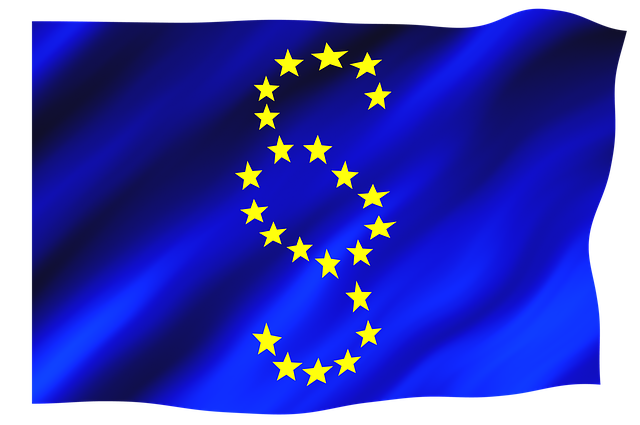Prostitution exists everywhere, but it is handled differently, even within the EU. In some countries, prostitution is legal, while in others it is not. In some, it is the buyer who is liable to prosecution; in others, it is the prostitute.
In principle, the solutions in force in the EU can be separated into two groups, namely countries that legalize prostitution and countries that make prostitution punishable. Among the countries that legalize prostitution, there are those that regulate it (Germany, Greece, Latvia, Netherlands, Austria, and Hungary) and those that regulate it only partially or not at all (Belgium, Bulgaria, Denmark, Estonia, Finland, Italy, Luxembourg, Malta, Poland, Portugal, Slovakia, Slovenia, Spain, Czech Republic, and Cyprus). Among the latter, there are those that penalize buyers (France, Ireland, Sweden), those that penalize prostitutes (Croatia, Romania), and Lithuania that penalizes both customers and prostitutes.

In order to show an example of each type, I will go into a little more detail about the situation in France, Romania, Germany, and Poland.
FRANCE – THE BUYER IS THE CULPRIT

Since 2016, France has had a new prostitution law that is very much based on the “Swedish model,” or the idea that the buyer is the criminal. This law marked a sharp turnaround, as previously prostitutes could be punished, for example, if they worked on the street. In some circumstances, they even faced prison sentences. Now it is the buyers who break the law. If the prostitute is underage or, for example, sick, impaired or pregnant, the buyer is fined €75,000.
The law is not entirely uncontroversial. While some see it as great progress that the buyer is punishable and the prostitute is exempt from punishment, others talk about the growing risk that prostitutes are exposed to. Now they often work “hidden away”, for example in private apartments, because the buyers naturally do not want to be caught.
ROMANIA – PROSTITUTES ARE SUBJECT TO CRIMINAL PROSECUTION
Those who prostitute themselves in Romania face an administrative fine. In addition, Romania has a problem with human trafficking. Many of the women and girls who are forced into prostitution in other European countries come from Romania. Even more dramatic is that often the families or partners of the women are behind it.
GERMANY – PROSTITUTION IS REGULATED
In Germany, prostitution is legal and regulated under the law. However, states (for example, Bavaria) may interpret the legislation differently. In 2016, two aspects were also added. First, buyers who purchase sexual services from victims of human trafficking or forced prostitution are punished, and second, the so-called Prostitute Protection Act, which, among other things, requires prostitutes to report to competent authorities.
The Prostitute Protection Act is also criticized, for example by Elke Mack, professor of social ethics, who thinks that human dignity has been forgotten in the legislation because buyers often deal violently with prostitutes and the legislator simply tolerates this. She thinks that a sex-buying ban would be appropriate.
POLAND – PROSTITUTION REMAINS UNREGULATED
Prostitution is legal in Poland, but is not regulated. This means, for example, that there is no tax liability, but prostitutes also work outside the social system. It is forbidden to force another person into prostitution or to benefit from the prostitution of others.
Criticism toward regulation includes the fact that prostitutes are often excluded from the health care system, meaning that discrimination exists and that their work often goes underground. This ultimately exposes prostitutes to violence from buyers and other individuals.
What all approaches have in common, then, is that they are criticized for discrimination – either because they do not see prostitution as punishable and ignore the problems regarding human dignity, or because they see prostitution as punishable and therefore urge prostitutes to work in secret. The situation seems particularly bad in Romania, where firstly prostitutes themselves are punished, and secondly, many women and also underage girls are shipped abroad to end up in prostitution.
Translated by Emily Schiffer
#Prostitution #Law #EU #Discrimination #AgainstHumanTrafficking #GegenMenschenhandel #EndExploitation #EndTrafficking #HopeForTheFuture #Österreich #Austria
